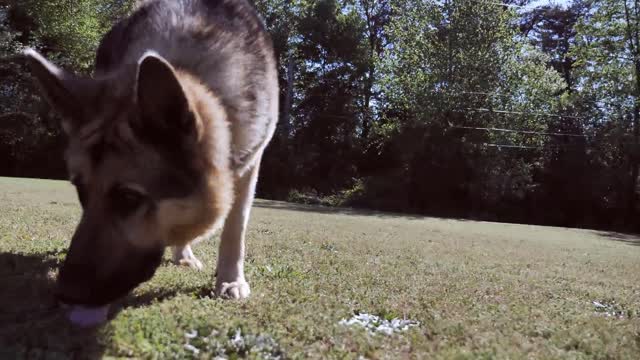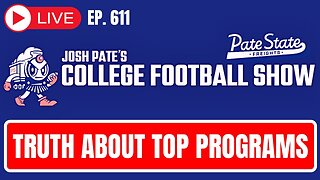Premium Only Content

Understand the probiotic trend in animal nutrition.
Understand the probiotic trend in animal nutrition.
Probiotics are live bacteria or yeasts of different strains that can be added to food or feed. The best transient colonization occurs with microorganisms (MOOGs) such as lactic acid bacteria, which are mostly isolated from the gastrointestinal tract of mammals, and therefore have their best condition for growth and adaptation in them (provided they survive the thermal process and digestion steps prior to their arrival in the intestine).
The genera Lactobacillus, Bifidobacterium, and Streptococcus, for example, are lactic bacteria that colonize the gastrointestinal tract and act by competitive exclusion, adhering by means of fimbriae to the cells of the intestinal epithelium, as well as to the main pathogens. The few pet foods on the market that contain probiotics are restricted to the use of Bacillus sp and yeast (Saccharomyces cerevisiae), because they are considered more resistant microorganisms to the extrusion process. However, these are non-colonizing microorganisms, which only pass through the intestinal lumen along with the food content and do not adhere to the epithelium.
Probiotics have wide application in veterinary practice from the primary immunomodulatory effects beneficial to the intestinal microbiota. They exert a biological effect, promoting a low oxygen tension environment, preventing the growth of pathogenic microorganisms, mainly of the genus Salmonella spp. They also have a chemical effect, producing organic acids that will reduce the pH of the intestinal lumen, in order to inhibit the activity of harmful bacteria (such as Clostridium perfringens). They also promote the growth of beneficial microorganisms (such as Lactobacillus). Probiotics can also produce bacteriocins, which inhibit the development of Salmonella, Escherichia coli, and Staphylococcus, fighting disease-causing pathogens.
In turn, it is important to emphasize that the study of the microbiota of dogs and cats may also have an influence on human health, due to the increasingly close relationship between guardians and pets. Not only does dietary supplementation contribute to the modulation of the microbiota, but also our surroundings, as the individuals we interact with can also shape our microbial communities. A study by SONG and colleagues (2013) observed that dog guardians shared more bacteria with their dogs than with dogs of other guardians, especially in the skin microbiota.
-
 1:36:21
1:36:21
Sarah Westall
5 hours agoViolence Erupting in the Panama Canal, Identifying Enemy Infiltration, Psyops Ongoing w/ Michael Yon
25.2K14 -
 1:56:25
1:56:25
Nerdrotic
8 hours ago $10.43 earnedThe Red Pyramid's Hidden Secrets | Forbidden Frontier #091
44.3K13 -
 2:08:53
2:08:53
vivafrei
16 hours agoEp. 252: Liberals DISQUALIFY Candidate from Race! DOGE Wins & Loses; Rumble Sues BRAZIL! & MORE!
121K215 -
 1:15:12
1:15:12
Josh Pate's College Football Show
7 hours ago $12.96 earnedCFB’s Top 12 Programs | TV Executives & Our Sport | USC Changes Coming | Early Championship Picks
57.5K2 -
 LIVE
LIVE
Vigilant News Network
11 hours agoUK Government BUSTED in Secret Plot to Extract Your Data | Media Blackout
1,428 watching -
 1:03:32
1:03:32
Winston Marshall
3 days ago"War On Children!" The DEMISE Of The West Starts With Schools - Katharine Birbalsingh
102K65 -
 48:02
48:02
Survive History
14 hours ago $5.71 earnedCould You Survive as a Sharpshooter in the Napoleonic Wars?
56.2K3 -
 12:03
12:03
Space Ice
14 hours agoSteven Seagal's China Salesman - Mike Tyson Knocks Him Out - Worst Movie Ever
41K16 -
 11:37
11:37
Degenerate Jay
14 hours ago $12.01 earnedJames Bond Needs Quality Over Quantity From Amazon
80.8K8 -
 15:23
15:23
Misha Petrov
14 hours agoTrad Wives & Girl Bosses Go to WAR!
55.7K43